
Essentials of Person-Centered Memory Care
Essentials of Person-Centered Memory Care
Online Custom Solution
We work with organizations to retain and upskill their caregivers in evidence-based and person-centered memory care, creating clear pathways for career growth and mobility within the workforce.
This program provides practical tools and strategies for the direct care workforce to improve the health conditions of people living with dementia while providing dementia-capable care.
OpusVi's Essentials of Person-Centered Memory Care program is now recognized by the Alzheimer’s Association® for successfully incorporating the evidence-based Dementia Care Practice Recommendations. Staff who complete the program meet the criteria to take the Alzheimer’s Association essentiALZ® exam and earn the certification.
Duration:
20 hours
Min Cohort:
1
Languages:
5

Equipping the Senior Care Workforce Into Memory Care
Many in the senior living sector face high staff turnover, resulting in continual onboarding and supervisory time. In our pilot program, we developed a custom learning solution for CHI Living Communities, in partnership with Ja’Nay Crippen-Derry, Vice President of Clinical Operations, that incorporates each organization's mission, vision and values into the workforce training. The Memory Care workforce solution is designed to empower senior care professionals to improve the health conditions of people living with dementia. Learners will be certified to demonstrate person-centered care in their daily work and to build memory care specializations within their facility as a result of this workforce training.
377%
population growth is expected for the group 85 years and older by 2050 (U.S. Census Bureau)1 in 5
of all Americans will be 65 and older by 2050 (Center for Health Workforce Studies, University at Albany)20%
of the U.S. population will be adults over the age 65 by 2040 (Urban Institute, 2022)85+
age group will need the most care by 2040 (Urban Institute, 2022)Learner Outcomes
- Recognize the importance of the caregiver's role in the life story of the person living with dementia.
- Demonstrate person-centered care in daily work and use communication strategies to approach and connect.
- Identify brain changes, stages and diseases of dementia.
- Determine how to manage personal approaches to distress.
- Determine strategies for challenging behaviors during activities of daily living.
- Utilize community-specific resources.


System Outcomes
- Improve the delivery of person-centered memory care
- Elevate team effectiveness and achieve optimal organizational performance
- Shape an engaged workforce with inspired and inspiring leaders
- Enable better patient care, satisfaction, safety and reduced errors
Learner FAQs
Shared Common Competencies
- Leadership
- Communication
- Quality and Patient Experience
- Mental Health, Substance Abuse
- Resilience
- Cultural Engagement
Specialty Areas Supported
Unit-Specific Pathways
- MedSurg-Tele
- Neonatal Intensive Care Unit (NICU)
- Acute Rehabilitation Unit (ARU)
- Intensive Care Unit (ICU)
- Emergency Room (ER)
- Labor & Delivery (L&D)
- Mother Baby Care (MBC)
- Operating Room (OR)
- Cath Lab
- Hospice
- Behavioral Health
- Critical Access Hospitals
Specific MedSurg Competencies
- Surgical Care
- Integumentary
- Respiratory
- Hematology
- Cardiovascular
- Gastrointestinal
- Renal
- Endocrine
- Neurological
FAQs
We are your partners from start to finish. View this FAQ for more information on who brings what to the table.
Curriculum
Module 1: You Are Important: Your Role
- How you fit into people’s life story with your daily work
- Taking care of yourself is a priority
Module 2: Person-Centered Care
- What person-centered care means
- How to provide person-centered care
Module 3: Aging and Dementia
- The biology, psychology, and sociology of normal aging
- Brain changes
- What stages of dementia look like
- Diseases that cause dementia
Module 4: Connecting Through the Senses
- Defining how the senses are affected by dementia
- Benefits of sensory and tactile activities
- Sensory and tactile techniques and observations
Module 5: Connecting Through Communication
- Approach and Connect
- Communicate and Connect
Module 6: You Are Important: Recognizing Your Reactions
- Responding to Distress
- Making a Difference
Module 7: A Typical Day
- Setting the tone
- Flow of the day
- Dining experience
- Cultural humility
Module 8: Strategies for Challenging Behaviors
- Behavior and psychological symptoms of dementia
- Strategies for assessing the situation
- Interacting with activities of daily living and basic needs
- Reassess and plan for the next time
Module 9: Staying Safe
- Emergency preparedness and elopement
- Wandering
- Trauma
- Infection control
Module 10: Customized to Your Organization’s Mission, Vision, and Values
- Mission, Vision, Values
- Our Values in Action
Learner Outcomes
- Recognize the importance of the caregiver role in the life story of the person living with dementia.
- Demonstrate person-centered care in daily work.
- Identify brain changes, stages, and diseases of dementia.
- Demonstrate connecting through the senses.
- Use communication strategies to approach and connect.
- Determine how to manage personal approaches to distress.
- Analyze how to approach daily work.
- Determine strategies for challenging behaviors during activities of daily living.
- Identify strategies for safety.
- Utilize community-specific resources.
Who Should Study This Program?
Our program is designed for senior living professionals in both residential memory care and Home- and Community-Based Services settings
Learner Experience
- Social: Engage and network with fellow learners
- Relevant: Developed with experienced nurse leaders
- Guided: Expert nursing instructors give you guidance and feedback
- Asynchronous: Study on your own schedule
- Bite-sized: 4 hours of study per week
- Compassionate: Focuses on resilience and mental health

Improve Culture and Retention
This learning solution leverages industry expertise to help senior care professionals develop practical and applicable strategies to solve current challenges, navigate a daily routine and complete a customized workbook for future reference, which includes reflection questions, activity logs and interactive scenarios for practical application to allow for further integration with leadership upon boarding for future reference. Through a high-quality digital asynchronous learning environment, health systems can tailor onboarding to be consistent and supportive — aimed to improve culture and retention.
Julie DeLoia, PhD
Chief Academic Officer of OpusVi™
Our comprehensive orientation program takes a person-centered approach to memory care. Through practical skills development rooted in a fundamental understanding of memory loss, this custom solution was designed to reflect CHI Living’s goal of providing unmatched care and high quality of life to all of its patients. The training will also teach coping mechanisms for stress management and wellness on the job, to the benefit of both senior living employees and the seniors under their care.
Prentice O. Lipsey
President and CEO of CHI Living Communities
CHI Living’s partnership with OpusVi™ helps give our people the education they need. Providing our staff with the tools and resources to impact the lives of those they serve is best achieved through education. We have made the conscious effort to invest in our people through training designed to improve communication, networking, and building teams. Starting with Memory Care Orientation, our work together demonstrates our commitment to teach compassion to residents and staff, which will foster the best Senior Living experience and workplace culture we have to offer.
Julie DeLoia, PhD
Chief Academic Officer of OpusVi™
Our comprehensive orientation program takes a person-centered approach to memory care. Through practical skills development rooted in a fundamental understanding of memory loss, this custom solution was designed to reflect CHI Living’s goal of providing unmatched care and high quality of life to all of its patients. The training will also teach coping mechanisms for stress management and wellness on the job, to the benefit of both senior living employees and the seniors under their care.
Prentice O. Lipsey
President and CEO of CHI Living Communities
CHI Living’s partnership with OpusVi™ helps give our people the education they need. Providing our staff with the tools and resources to impact the lives of those they serve is best achieved through education. We have made the conscious effort to invest in our people through training designed to improve communication, networking, and building teams. Starting with Memory Care Orientation, our work together demonstrates our commitment to teach compassion to residents and staff, which will foster the best Senior Living experience and workplace culture we have to offer.
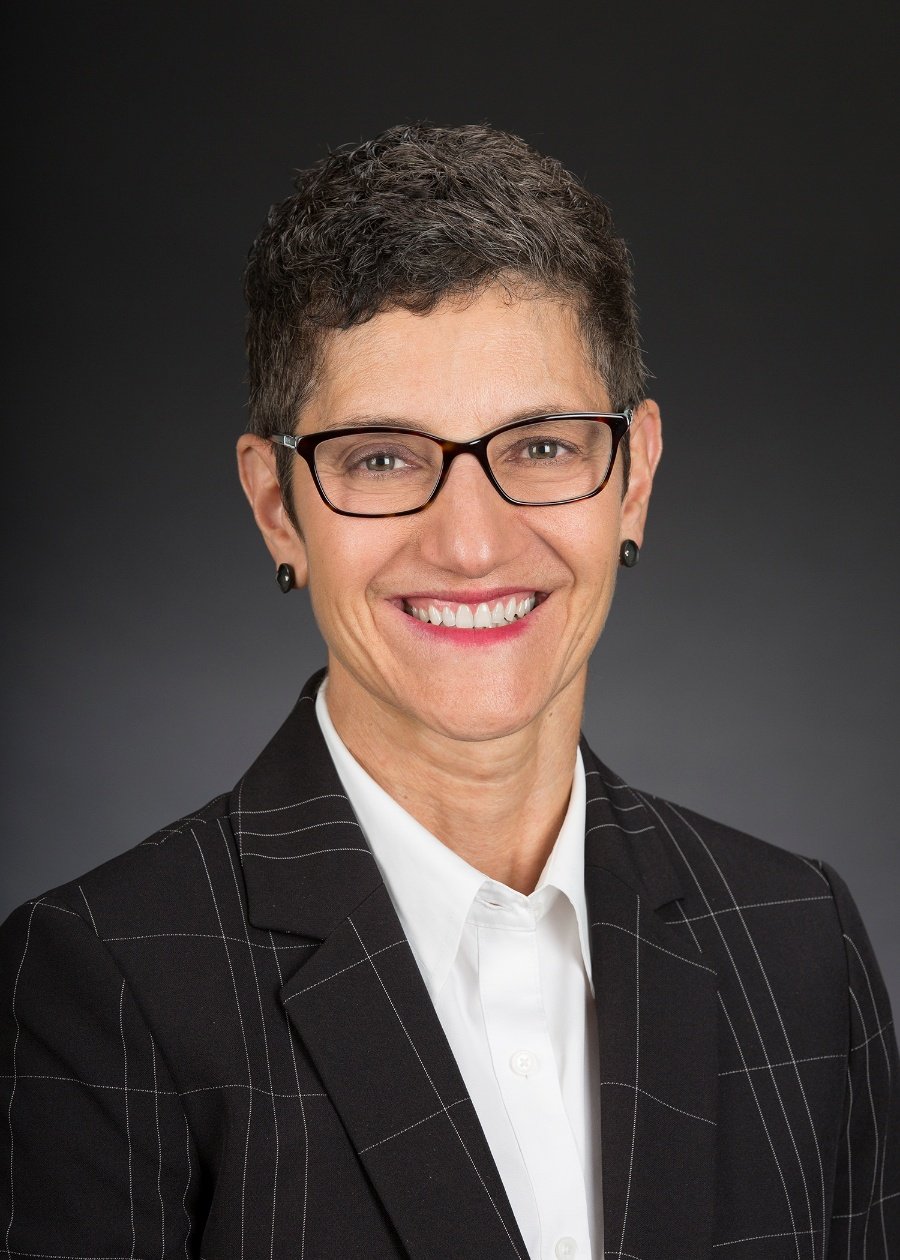
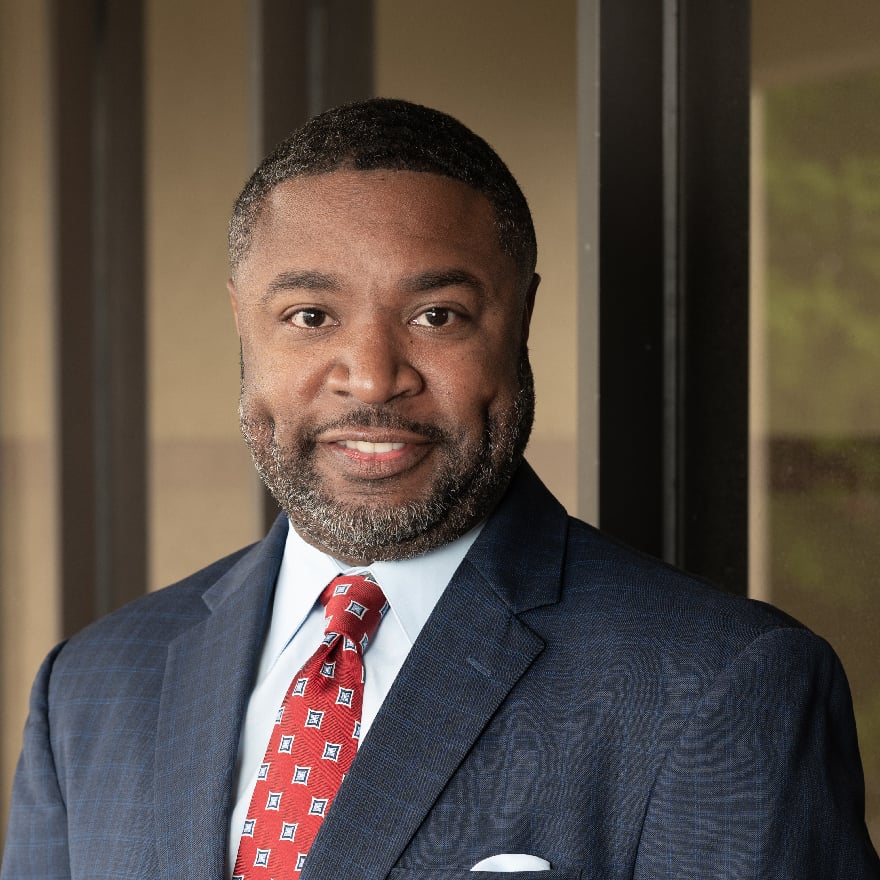


Josh Brewster
System Director of Social Work and Vulnerable Populations at CommonSpirit Health
Social workers are often only trained on how to address the specific needs of their local patient population, which greatly restricts their ability to learn larger concepts that not only are required knowledge for licensure exams, but also are integral to better meeting the needs of patients and families. Working with OpusVi™ to create this social work fellowship will greatly improve our health systems’ ability to enhance the care continuum, therefore improving patient outcomes and creating a stronger, larger social care workforce.
Josh Brewster
Julie DeLoia, PhD
Chief Academic Officer of OpusVi™
We’re proud to leverage our custom workforce development solutions to support the CommonSpirit Health clinical social workers. By not only providing access to engaging and relevant content, but also creating opportunities for practical, clinical experience and peer-to-peer interaction, we’re opening the door for learners to expand their expertise outside of the needs of their current patient population. On a monthly basis, we also welcome Subject Matter Experts (SMEs) to speak with learners to share firsthand knowledge and demonstrate the many career possibilities in this industry.
Julie DeLoia, PhD
Julie DeLoia, PhD
Chief Academic Officer of OpusVi™
Our comprehensive orientation program takes a person-centered approach to memory care. Through practical skills development rooted in a fundamental understanding of memory loss, this custom solution was designed to reflect CHI Living’s goal of providing unmatched care and high quality of life to all of its patients. The training will also teach coping mechanisms for stress management and wellness on the job, to the benefit of both senior living employees and the seniors under their care.
Julie DeLoia, PhD
Julie DeLoia, PhD
Chief Academic Officer of OpusVi™
In this program, learners will not just learn about the theory of social determinants of health, but also gain knowledge and skills that are immediately transferable to implement change in the workplace and communities. Learners will also gain skills to overcome obstacles to implementing change and how to evaluate program success.
Julie DeLoia, PhD
Julie DeLoia, PhD
Chief Academic Officer of OpusVi™
This program is a great way to get into the healthcare profession. The job opportunities for MAs are out there, with a projected growth of 19% from 2019 to 2029 according to the U.S. Bureau of Labor Statistics. To put this into perspective, the growth projection is only 4% on average for all occupations. Earning your Medical Assistant (AAMA) Certification is a start to a lifelong profession in healthcare with a lot of room for professional growth. Many MAs are able to employ their holistic knowledge of healthcare operations to eventually manage clinics. Others use their Medical Assisting education as a stepping stone to becoming nurses or enter other areas of healthcare. It’s a fulfilling career and a good way to give back to your community and be part of the solution.
Julie DeLoia, PhD
Julie DeLoia, PhD
Chief Academic Officer of OpusVi™
Our partnership with MercyPLUS will provide the highest-quality education for high-demand healthcare occupations at a very affordable cost, thus offering an entry into lifelong, fulfilling work. Our programs are created to be skill-based and mission-driven. These are the types of educational programs that can alter a person's life.
Julie DeLoia, PhD
Kurt Hayes
Chief Learning Experience Officer at OpusVi™
With NAU, we're creating the most relevant, engaging, and immediately applicable healthcare programs possible. Leveraging a practical, proven pedagogy, our goal is for learners to find value in every interaction, and to support the whole learner by providing tools for personal well-being throughout an insanely relevant curriculum. We take this holistic approach because we are committed to helping drive the future of nursing in an affordable, accessible, and meaningful way.
Kurt Hayes
Kurt Hayes
Chief Learning Experience Officer at OpusVi™
We’re excited about our collaboration with Santa Clara University not only because of their strong reputation but also because of their excellent work in diversity, equity, and inclusion. We’re honored to work alongside them and increase access to this incredible programming for all healthcare professions.
Kurt Hayes
Kurt Hayes
Chief Learning Experience Officer at OpusVi™
To us, online learning is not only a means to an end — it’s a valuable tool that can be used to enhance a fulfilling learning experience. We can leverage it to deliver relevant content that can be applied immediately, allow learners to network and build lasting connections, and accommodate their busy schedules as working professionals. This program is built on relevance and employs practical, proven pedagogy throughout — we carefully design every aspect of the experience so students can succeed, improve their overall wellbeing, and make a real difference in their careers.
Kurt Hayes
Kurt Hayes
Chief Learning Experience Officer at OpusVi™
Imagine having lunch with an expert working at a large hospital system and getting to learn from their experience. In our courses, you’re getting more than you would with just having lunch with them. Instead, you’re getting the chance to connect with these thought leaders for the entirety of your program.
Kurt Hayes
Dan O’Brien
Olympic gold medalist, three-time world champion, and world record holder
As an Olympic athlete, I have inspired a lot of people and that's infectious. If my efforts as an Olympic athlete, and my examples on overcoming adversity and setting goals can inspire somebody out there to go to the next level — those are the things that give me the most joy. Those are the things that give me a reason to wake up in the morning and continue to do my job great each and every day.
Dan O’Brien
Kathleen Sanford, DBA, RN, FACHE, FAAN
Chief Nursing Officer of CommonSpirit Health
This will be a new kind of residency program wherein we ensure the level of training for preceptors is consistently high across our very large healthcare system, and we enable new nurses to go beyond what they’re learning in the unit and have unique didactic courses where mentors check in on proficiencies, challenges, and personal well-being. We want nurses to take care of all parts of their well-being including their physical, mental, and spiritual health — so they are healthy enough to care for others.
Kathleen Sanford, DBA, RN, FACHE, FAAN
Prentice O. Lipsey
President and CEO of CHI Living Communities
CHI Living’s partnership with OpusVi™ helps give our people the education they need. Providing our staff with the tools and resources to impact the lives of those they serve is best achieved through education. We have made the conscious effort to invest in our people through training designed to improve communication, networking, and building teams. Starting with Memory Care Orientation, our work together demonstrates our commitment to teach compassion to residents and staff, which will foster the best Senior Living experience and workplace culture we have to offer.
Prentice O. Lipsey
John Godina, Mini-MBA in Senior Living
Three-time World Championship winner and two-time Olympic medal winner in the shot put
I opened and owned multiple fitness and sports training businesses since my retirement as an athlete. What is critical is knowing the processes of moving from one industry to another. By bringing the sports perspective into this Mini-MBA, we want to help people understand the nuances of the mental approach, the processes of goal setting, and the experiences around recovery. It provides a knowledge base that helps a medical provider transition into the business aspects of healthcare.
John Godina, Mini-MBA in Senior Living
Andrew Malley
Chief Executive Officer at OpusVi™
We’re proud to offer a meaningful and substantial nationwide Nurse Residency and Preceptor Training program. We can support nurses in the field and continually educate them for better outcomes in the communities that they serve. Equally, we will support health systems in the retention of nurses and create a stronger and better-prepared workforce at scale.
Andrew Malley
Andrew Malley
Chief Executive Officer at OpusVi™
We are thrilled to now have two of the top three not-for-profit health systems, as well as one of the largest healthcare group purchasing organizations in America, as partners and investors. With our shareholder expertise and involvement, alongside our world-class digital platform, OpusVi™ will offer more healthcare organizations expert-driven education with best-in-class delivery, supported by an increasing amount of data, assessment, and reporting. We are also driving a more sustainable, high-quality model for ed-tech where product and experience take precedence over marketing, and the trust of our new partners bears that out.
Andrew Malley
Andrew Malley
Chief Executive Officer at OpusVi™
The joining of MercyPLUS and OpusVi™ creates a best-in-class offering for nurses and other aspiring healthcare professionals. Mercy brings a high-quality, regionally accredited, not-for-profit school and OpusVi™ excels in providing a world-class online education platform. We are reimagining healthcare workforce development!
Andrew Malley
Andrew Malley
Chief Executive Officer at OpusVi™
One of the most impactful ways to mitigate the challenges of the healthcare staffing crisis is to focus on the growth of the clinical base with more Certified Nursing Assistants, Medical Assistants and Personal Care Assistants. Building a more robust base to the workforce pyramid with Healthcare Support Workers allows nurses to work at the top of their license while fostering strong staffing pipelines for the future and nurturing a diverse clinical workforce. Work-based, apprentice-style programs like our CNA program, built for Providence, offer a more flexible and rewarding journey for new entrants into the healthcare industry and will enhance retention and expand expertise across the clinical spectrum.
Andrew Malley
Mary-Ann White
Graduate of the Certificate in Nurse Leadership
The course not only taught me how to develop as a true leader in the nursing profession, but also helped me understand what leadership means for my own personal development. The tools and information that I learned during the course gave me the confidence to be a great leader. The modules were straight-forward and I was able to meet some wonderful people from different walks of life and career paths in healthcare.
Mary-Ann White
Sherry Stofko, MSN, RN-BC
Nurse Leader, Professional Development Coach and Mentor
As an adult learner, I appreciated that assignments came in the form of self-reflective exercises which prompted me to think about how the learning content affects my daily work and myself.
Sherry Stofko, MSN, RN-BC
Julia Profit-Johnson, RN, BSN
Birthing Center Manager at Bailey Medical Center and Secretary/Treasurer for the Oklahoma Nurses Association (ONAi
I was really impressed with the content. All topics were relevant and ‘real-time’. I found it interesting that it covered all subjects that would be important for nurse leaders, whether it was finance, communications within the team or to executive teams. It prepares those who want to progress to the next level of leadership.
Julia Profit-Johnson, RN, BSN
Ann Marie Roque, RN, MSN
Charge Nurse - St. Joseph Medical Center
One particular unit gave me the understanding that as a nurse leader, confidence is part of my role and that I can do more than I give myself credit or permission for. It’s not an easy path, but when the right tools are provided to us, we can be better leaders. The program gave me time to reflect on what kind of leader I am, as well as how I am taking care of myself.
Ann Marie Roque, RN, MSN
Dr. Sylvain Trepanier, DNP, RN, CENP, FAONL, FAAN
SVP, System Chief Nursing Officer - Providence
Even prior to the COVID-19 pandemic, the healthcare industry was facing workforce challenges. Our partnership with OpusVi™ is helping to support caregivers at our family of organizations through quality education and development so that we can be part of the solution. Investing in professional development for the nation’s caregivers will assist us in stabilizing the workforce.
Dr. Sylvain Trepanier, DNP, RN, CENP, FAONL, FAAN
Nicole DeJong
Director of Learning Experience Design at OpusVi
We’re proud of the learning experience we have created for this program. It’s truly immersive and practice-based learning. For example, we employ medical office simulation software so that learners can practice the exact tasks they will do on the job in a safe environment. Additionally, we have strategies in place to build a social learning community throughout the program. Learners can exchange ideas and network across multiple health systems even before they meet in-person during their skill boot camps.
Nicole DeJong
Ed Grier
Dean of the Leavey School of Business at Santa Clara University
We are very excited about this new partnership with our Silicon Valley Executive Center and OpusVi™. We are aligned in our missions to transform organizations with a focus on innovative and dynamic leadership. We look forward to a successful and long-lasting relationship.
Ed Grier
Mahendra K Joshi
Professor of Management and Graduate Programs Coordinator at The W. A. Franke College of Business at Northern Arizona University
Our faculty are excited to develop the best possible online learning experience for this MBA program. We want to give students hands-on learning experiences, the opportunity to work on real projects that mean something to someone, and to be able to network with other learners as well as the faculty. To achieve great learning outcomes and high completion rates, our faculty will be highly engaged with each and every enrolled student. At NAU, we pride ourselves on the fact that we don’t deploy an army of student assistants to teach and resolve issues — instead, students will be working directly with the instructors teaching the courses, who are experts in their own fields.
Mahendra K Joshi
Ashok Subramanian
Dean of The William A. Franke College of Business at Northern Arizona University
Unlike many MBA programs which tend to specialize around functional lines such as finance, marketing, or analytics, my preference is to specialize along industry lines because every industry has its unique processes, models, problem structures, metrics, and key performance indicators. That’s why I’m very excited about this partnership. Healthcare is a unique industry and combining NAU’s business expertise with OpusVi™’s industry insights will allow us to teach business in the right industry context — this feeds well into my philosophical approach and will empower healthcare professionals to excel in their careers and achieve greatness for their organizations and their communities.
Ashok Subramanian
Debbie Lively
Enrollment Coach at Mercy College PLUS
The MercyPLUS Medical Assistant program gives students a perfect blend of online coursework and in-person clinical skills testing to prepare them for their next step in their healthcare career.
Debbie Lively
Stacy Smith
Medical Assisting Program Chair and Assistant Professor at Mercy College of Health Sciences
I’m excited to provide opportunities for all kinds of students across the United States. The flexibility of our Medical Assisting program is perfect for those that work during the day, care for children during the day, or are busying caring for loved ones; this is something that they can conveniently fit into their busy schedules.
Stacy Smith
Doug Fiore
Mercy College of Health Sciences President
The pandemic continues to highlight the critical need for qualified, compassionate healthcare professionals. This partnership is designed to make that education available to everyone.
Doug Fiore
Matt Romkey
Mercy College of Health Sciences Executive Vice President and Chancellor of Mercy College PLUS
We are continuously identifying more educational opportunities for the entire healthcare continuum, not just by broadening our co-created portfolio, but also through finding innovative approaches to upskilling and reskilling. We want to revolutionize healthcare workforce development together.
Matt Romkey
Matt Romkey
Mercy College of Health Sciences Executive Vice President and Chancellor of Mercy College PLUS
The partnership has been a natural fit from the start, not only because of our shared affiliation with one of the largest not-for-profit health systems in the U.S., CommonSpirit Health, but because both partners are aligned in our vision of what educational programs need to deliver in order to serve students fully. The expansion of Mercy College's 120-year legacy through MercyPLUS in combination with OpusVi™’s extensive experience in delivering online learning solutions enables us to innovate online education in a way that meets the needs of students with families, jobs, and other commitments. Accelerated and affordable online healthcare education is more critical than ever.
Matt Romkey
Kim Tharp-Barrie
System Vice President at the Institute for Nursing and Workforce Outreach
OpusVi™ is a vibrant and grounded leader in healthcare education and development that meets partners where they are to get them where they want to be. Their no-nonsense transparent approach to partnering is refreshing and appreciated during these unprecedented times. Their platform and their team is highly effective to help partners achieve desired outcomes.
Kim Tharp-Barrie
Sandra M. Olguin
President and Chief Executive Officer at the Nevada Nurses Foundation
It’s a privilege to partner with a high-caliber healthcare workforce development team like the one OpusVi™ has to offer. The Nevada Nurses Foundation’s mission is to increase access to quality healthcare and further the professional advancement of nurses. OpusVi™ aligns with our mission and provides the tools and accessibility for healthcare providers to enhance their careers and improve the workforce. We are proud and fortunate to be partners.
Sandra M. Olguin
Vicki Buchda MS, RN, NEA-BC
Senior Vice President of Care Improvement of Arizona Hospital and Healthcare Association (AzHHA)
Providing support for nurses has never been more imperative, and we’re proud to partner with OpusVi to leverage its Transition to Practice platform to provide competency-based education. The time is now to put systems in place to address the nursing shortage and workforce burnout within our community hospitals, and we’re thrilled that this partnership, with the support of HB 2691 and funding from AHCCCS, will do just that.
Vicki Buchda MS, RN, NEA-BC
Dawna Cato, PhD., RN, NPD-BC
Residency Program Director
The apprenticeship-style training structure in this CNA program lays the foundation for a more sustainable staffing pipeline. The structure of this program also allows health leaders to retain their existing staff while providing them with a flexible, accessible pathway to succeed in the industry. We intentionally created this program with competencies that overlap with skills needed for nurse residencies and further nursing education to not only set up the CNAs for career success but also create synchronization across programs and staff levels - supporting the health system overall.
Vicki Buchda MS, RN, NEA-BC
Dr. Sylvain Trepanier, DNP, RN, CENP, FAONL, FAAN
SVP, System Chief Nursing Officer - Providence
Health leaders are facing historic nursing shortages. To address the challenge and better support our workforce, we must radically overhaul our approach to staff retention and workforce development. We’re excited to partner with OpusVi to support our staff in their career journeys and bring more CNAs on board to support our entire workforce. This CNA program helps us fill a critical need within our system and will empower our teams in their careers. More importantly, this effort will allow us to improve patient care and better serve our communities.
Dr. Sylvain Trepanier, DNP, RN, CENP, FAONL, FAAN






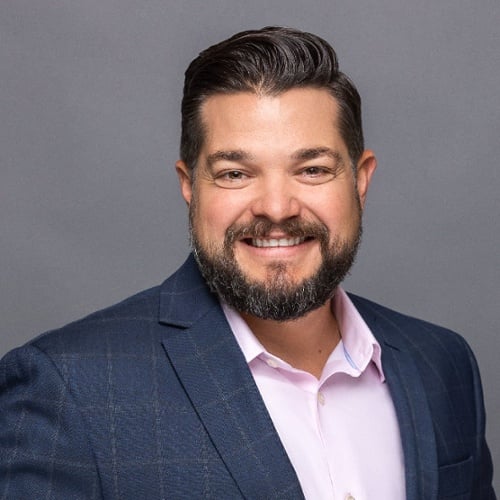



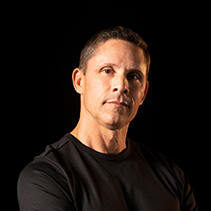
.jpg)

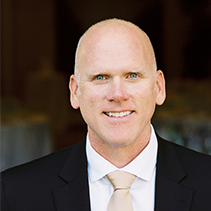





-1.jpeg)
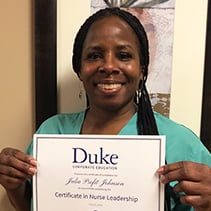
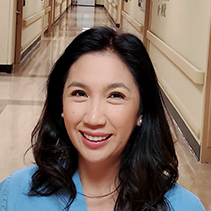
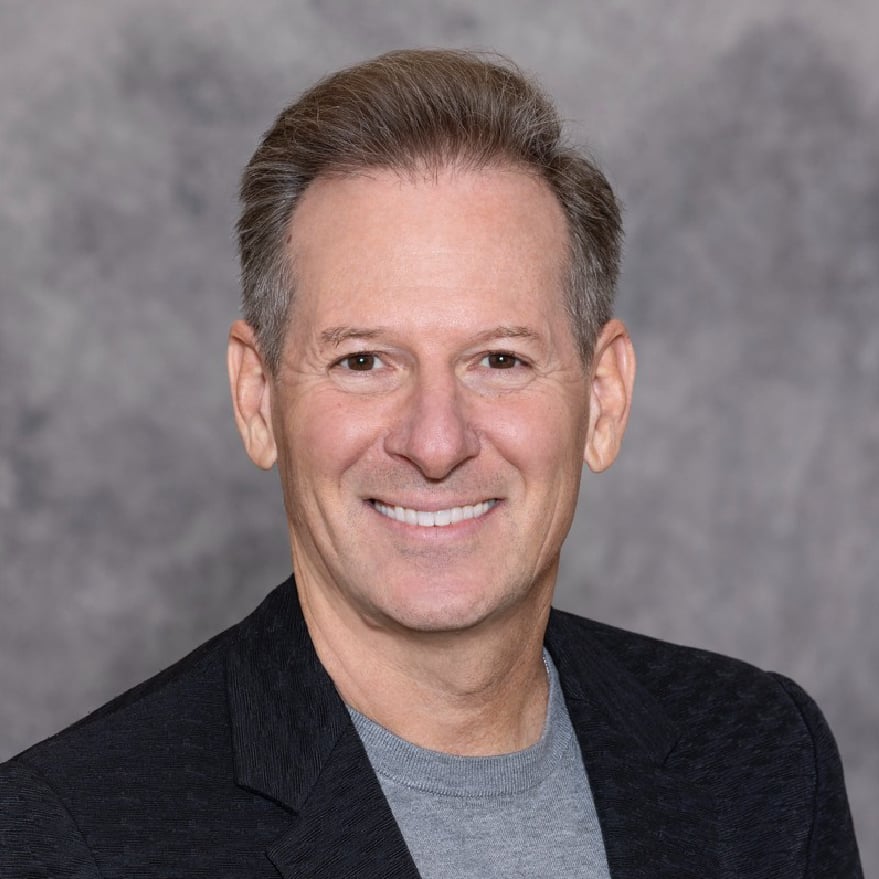
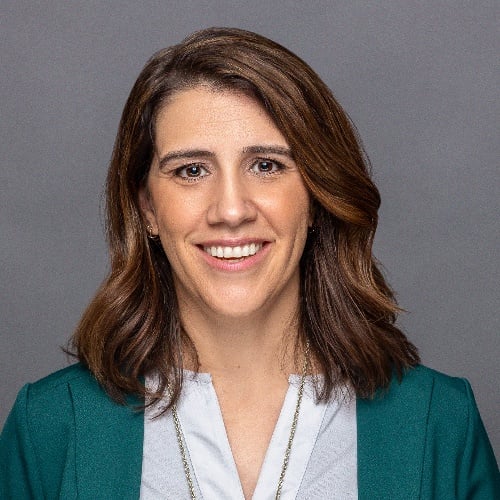
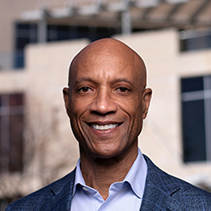

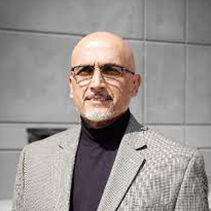
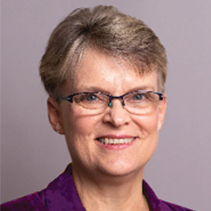
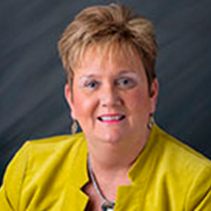

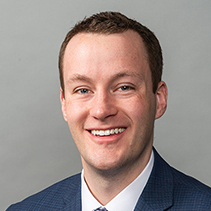

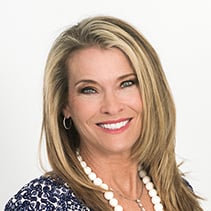

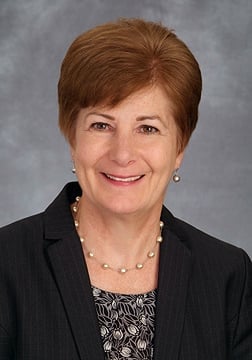
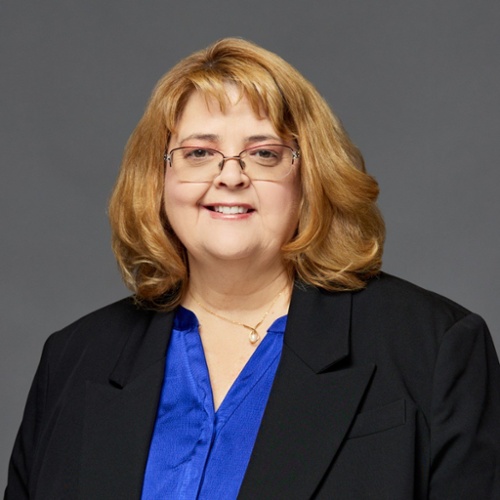

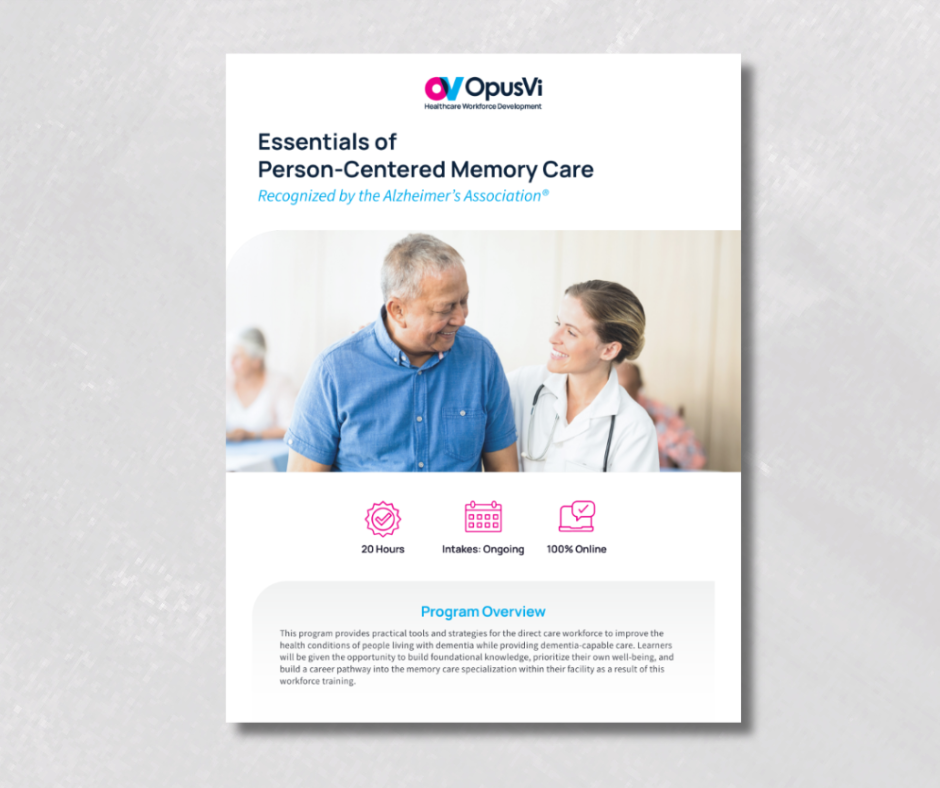
Download our brochure.
The average manager spends 15 days chasing paperwork each year.
The traditional method for tracking & managing competencies doesn’t just lead to the big paper chase, it can result in unnecessary errors. Errors that will be caught on survey day. Errors that may be the difference between life and death.
It’s time to get One Step Ahead with our digital competency management program.


An organization of 50 employees can save 1,500 sq ft of storage space.*
*According to US Averages

